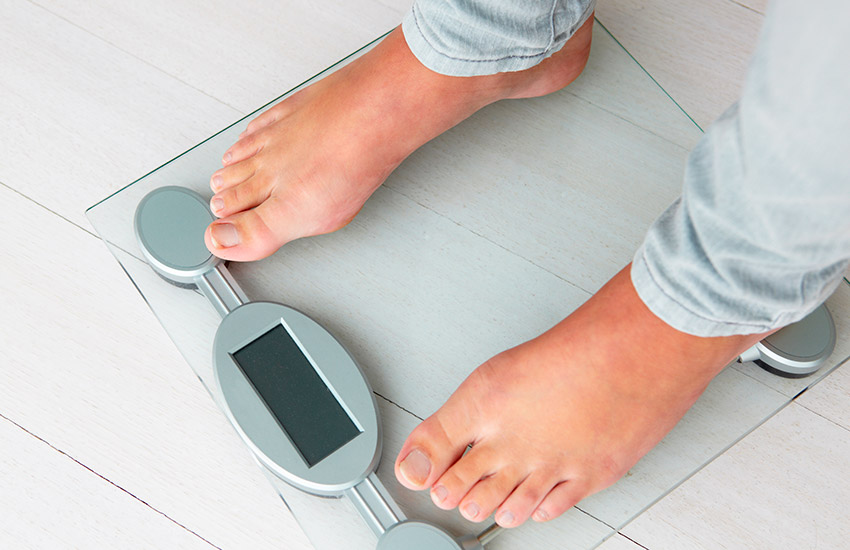
So, you have worked really hard at losing weight and have enjoyed getting on the scales and seeing that number slowly but surely go down. How rewarding is that?!?! But now, you notice the loss has slowed right down and it seems that it won’t budge any further. This is a normal and common phenomenon in weight loss that dieticians and psychologists call a plateau. If you interpret this as a negative experience and you have a tendency to eat for non-hungry reasons like frustration, hopelessness or anxiety; it can lead to an increase in weight.
Plateaus are a very normal part of weight loss. Temporary plateaus for a week or two may be due to changes in fluid retention, hormones, eating a little extra one week or exercising a little less. Longer lasting plateaus are a sign that your energy intake is balanced with your output. In other words, you are no longer working at a kilojoule deficit (intake is less than output) but instead you have reached a balance.
If you are saying things like “this is so unfair, I will never be able to be slim”, or “this shouldn’t happen I should lose weight every week” you will likely trigger uncomfortable feelings like disappointment and frustration. Try saying instead “plateaus are a very normal part of weight loss” or “I have done so well to lose the weight I have so far, I feel better (insert: lighter, more energetic, brighter…) than I used to feel and this is my body adjusting itself, I will be patient”.
Dr Louisa Hoey is a health psychologist. She is the Director of the Health Psychology Centre. Louisa specialises in the psychological aspects of food, the emotional relationships around food and the development of strategies to a happier more fuller life.
Louisa is available for consultation. Make a booking now either by telephone on (03)9852-8497 or via the booking enquiry form.
